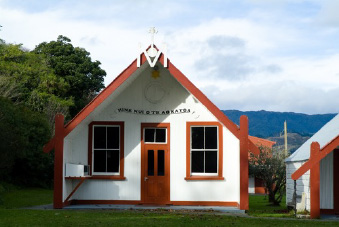My name is James, the son of Anna and Barnabas.
Being completely deaf, I was deprived of so much that others take for granted. I had never heard the shouts of children at play, the song of a bird, of the wind in trees, a word of comfort or encouragement.
The fact that I was practically dumb as well added to my sense of deprivation and isolation. And when you are different, people, often, are afraid of you. I was full of self-pity.
One day a man came to my village, I couldn’t hear his name, but I could tell from his dress he was a Jew. What on earth was he doing in a Gentile village in the Decapolis?
Many of those from the village gathered around him.
I followed them.
Many of the villagers looked at me with scorn, “What are you doing here?” their eyes said, ‘you should have stayed at home” the grimace on their face declared.
This man took me aside from the crowd and gave me all his attention. Now, I felt important.
He did not speak to me as it would have been a waste of words. Instead, he touched me; a tender, patient, loving touch.
He made me feel what I couldn’t hear.
Then he put his finger into his mouth, and said, “Be opened!”
And I was!
I heard children laughing, birds singing, the wind in the trees. And I laughed with the children and sang with the birds.
Why am I telling you this?
I discovered many new things in the months that followed.
My first discovery was that a touch offered in love heals!
Also, I learned that many people listen without hearing; many have loose tongues that would be better tied; many have ears to hear, and tongues to proclaim.
But why proclaim if no one is listening?
And at times all are proclaiming so loudly that no one can hear.
Hearing and speech are great gifts. They are heart gifts. It is only with the heart that we can listen rightly, and only with the heart that we can speak rightly.
You know the very best thing about receiving my hearing?
I heard my Mother and Father call my name! And the very best thing about receiving my speech? I could proclaim, “Speak, Lord, your servant is listening!”

